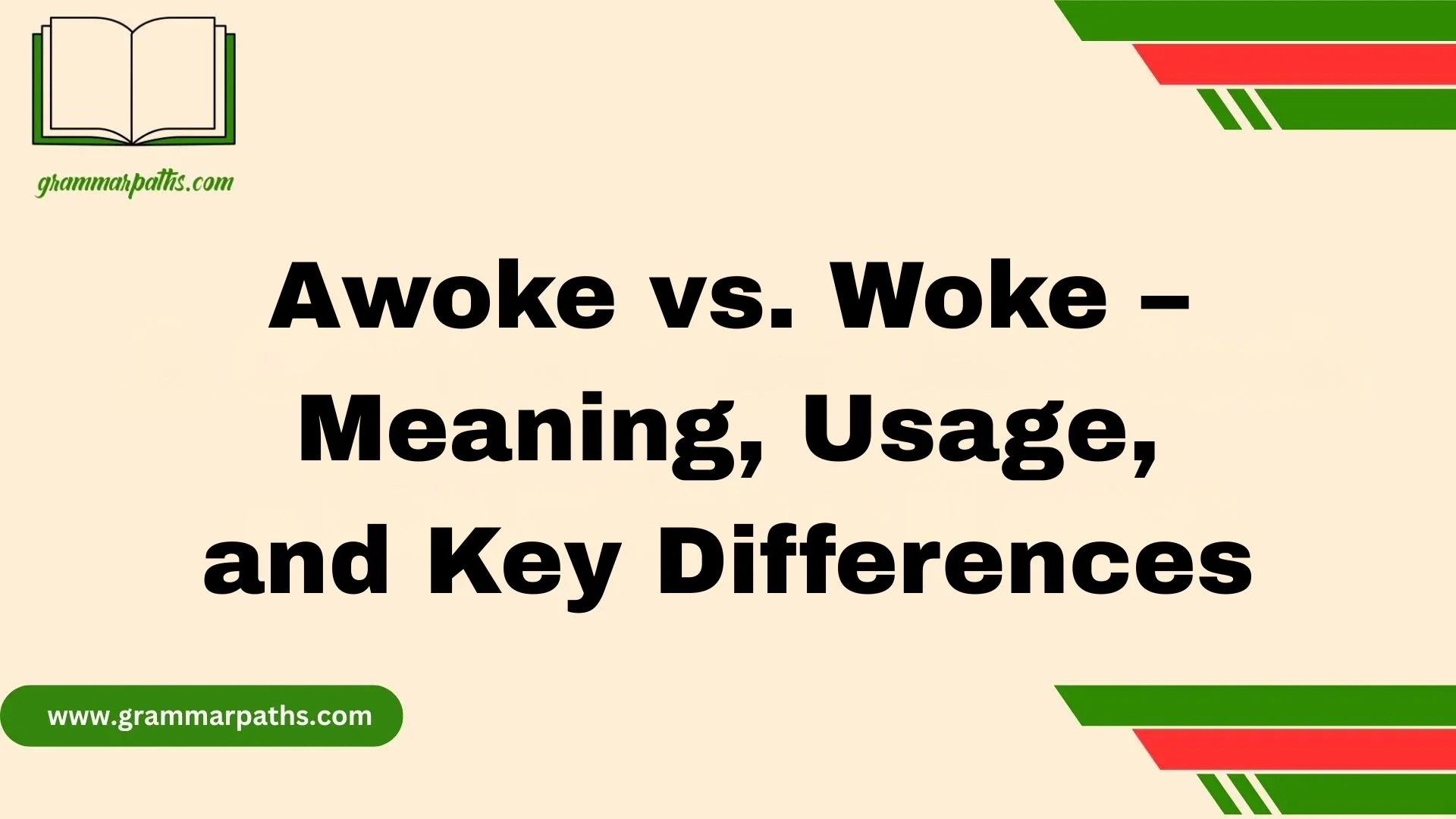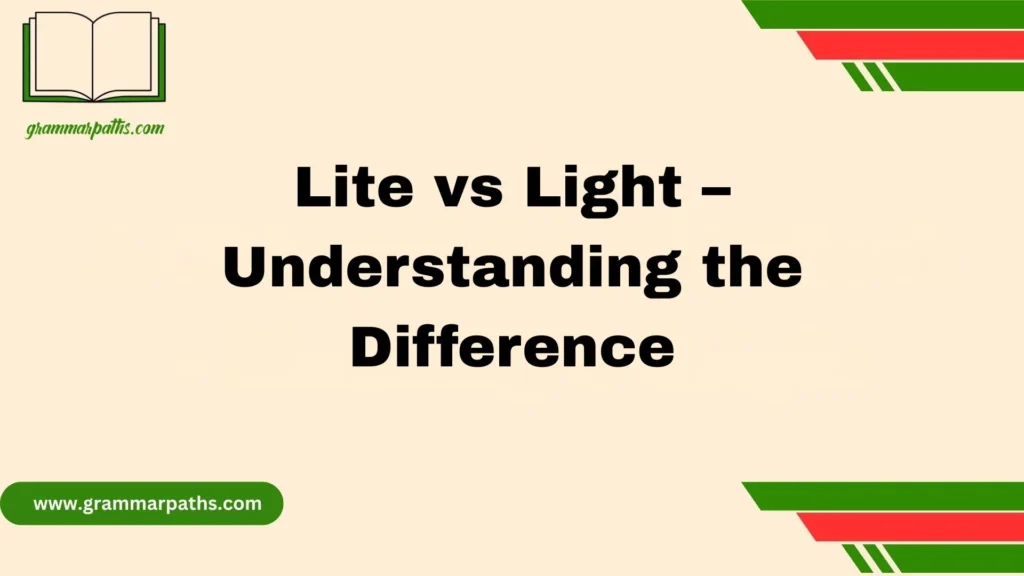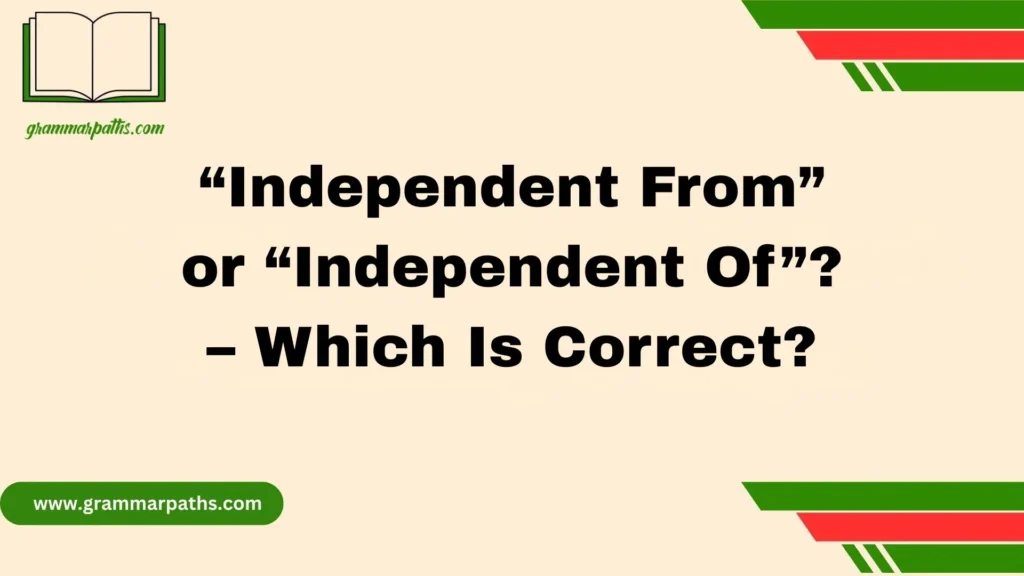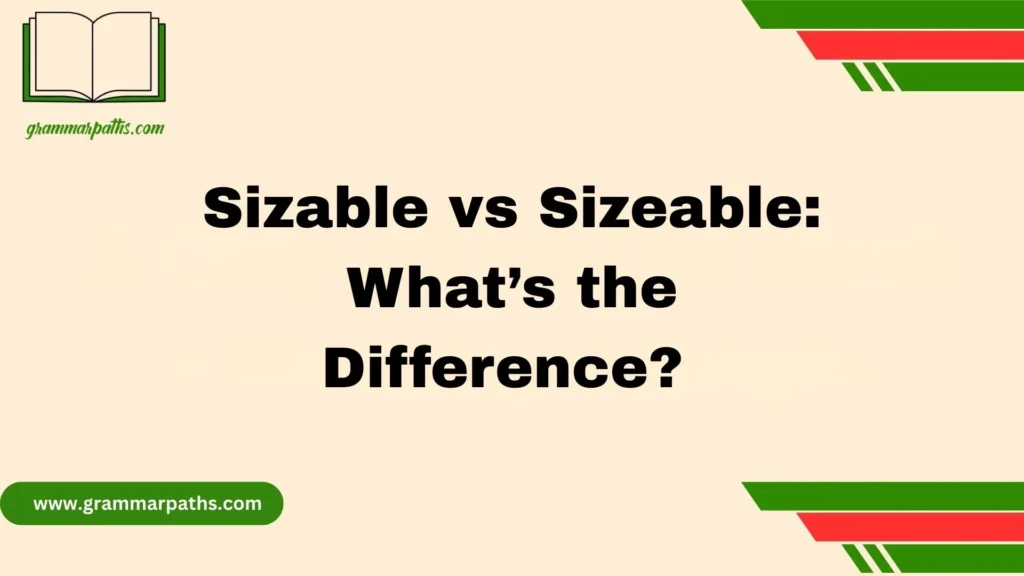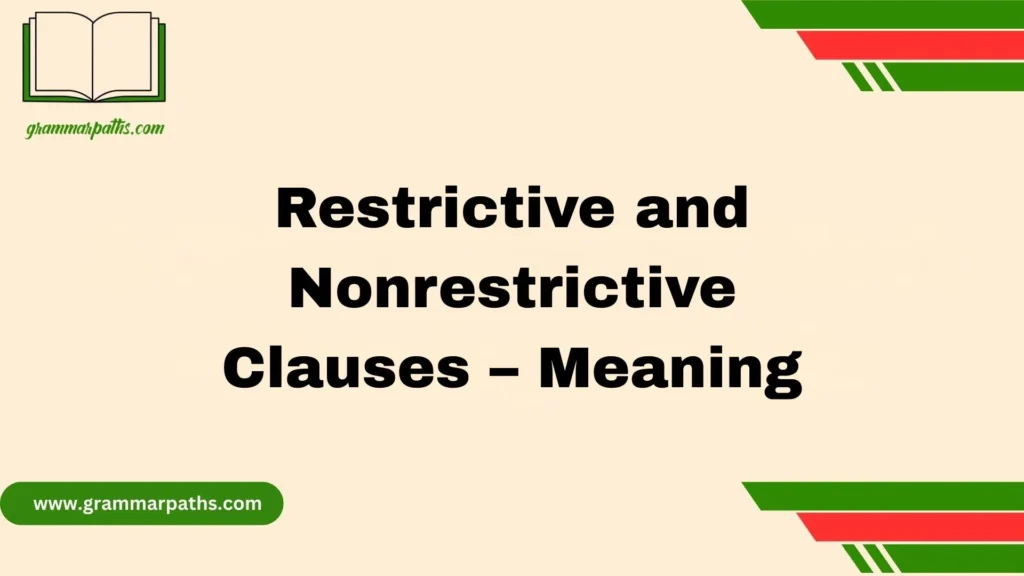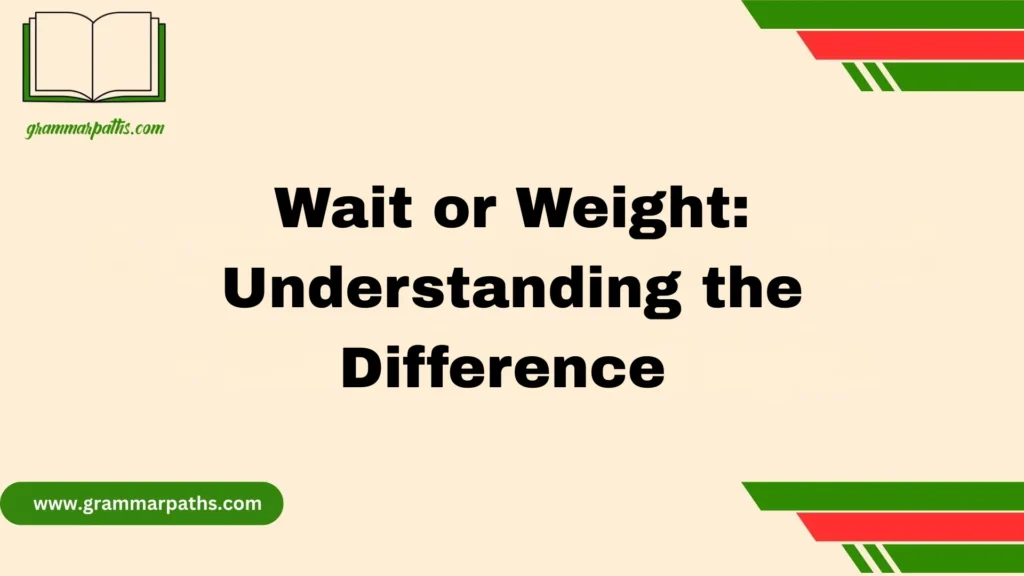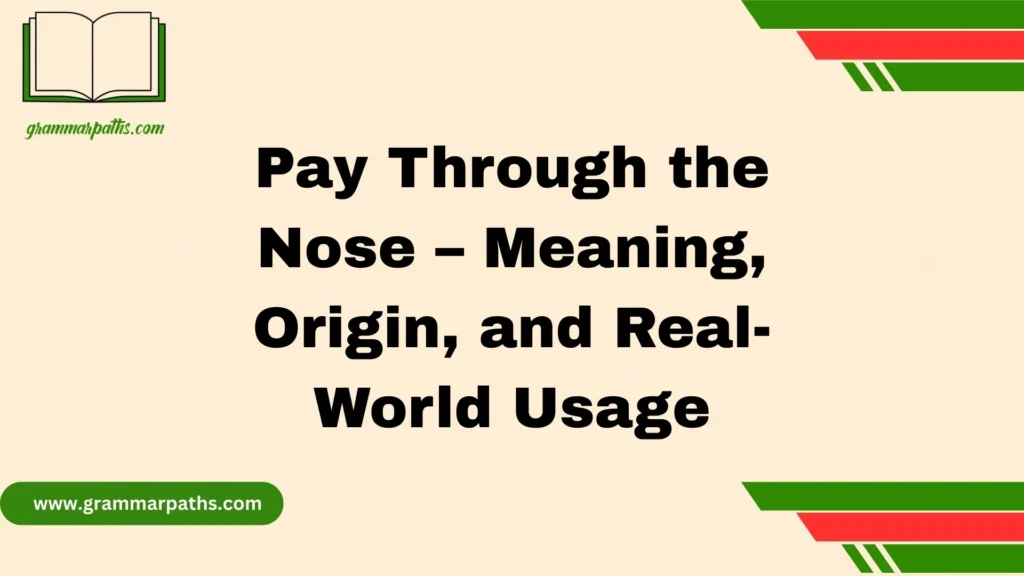As a writer and lifelong language enthusiast, I’ve often paused mid-sentence, debating whether awoke or woke fits better. These words may look like interchangeable cousins, yet the difference in their function within English is striking. Both are past-tense verbs connected to waking, but their usage depends on tone, context, and the level of formality your modern voice aims for. For example, “she awoke at dawn” carries an elevated, almost literary style, while “he woke up late” feels casual and conversational. That subtle shift in meaning shows how the quirks of English influence our expression.
Back when I was a student flipping through grammar guides, trying to master definitions with real examples, I remember a tricky past tense mini quiz that asked: “Which is the more formal sibling of woke?” The answer, of course, was awake, which naturally leads to awoke, while woke stems from wake. In today’s world, though, woke has also become a slang term with a social dimension, layered with sound, style, and cultural shifts. These layers make the language both fascinating and challenging, and through quizzes, real-life practice, and listening to the rhythm of words, I’ve grown to appreciate how much depth sits inside these choices.
Understanding the Basics of Awoke and Woke
Both awoke and woke come from the irregular verb family. Unlike regular verbs, which add -ed in the past tense (like played or jumped), irregular verbs change form unpredictably.
- Awake → past tense: awoke
- Wake → past tense: woke
At first glance, they look like two versions of the same word. However, awake and wake are actually separate verbs that overlap in meaning. Both refer to the act of not being asleep, but their grammar patterns differ slightly.
Awoke vs. Woke as Past Tense Forms
- Awoke is the simple past tense of awake.
- Example: She awoke in the middle of the night.
- Woke is the simple past tense of wake.
- Example: He woke when the alarm rang.
The difference comes from their roots. Awake is of Old English origin (awacan), while wake evolved from a different Old English form (wacan). Over centuries, English speakers started using them interchangeably, though style and formality now play a big role in which one sounds natural.
Grammar Rules Explained
To understand awoke vs. woke, you need to look at how they function in sentences.
- Awoke:
- Always used intransitively (it does not take a direct object).
- Example: The traveler awoke at sunrise.
- Woke:
- Can be intransitive (no object).
- Example: He woke suddenly.
- Can be transitive (with an object).
- Example: She woke the baby.
- Can be intransitive (no object).
This makes woke more versatile, while awoke remains limited to describing when someone themselves stopped sleeping.
Another point: register.
- Awoke = formal, literary, poetic.
- Woke = neutral, everyday, natural.
When to Use “Awoke”
You should use awoke when:
- Writing in a formal style (academic, literary, professional).
- You want a poetic or dramatic tone.
- You are describing someone waking up without an object.
Examples:
- The king awoke to find his castle under siege.
- She awoke refreshed after a long sleep.
Even though awoke is grammatically correct, it often feels old-fashioned in casual speech. Most English speakers rarely say awoke outside of writing.
When to Use “Woke”
You should use woke when:
- Speaking casually or writing in everyday English.
- You need either a transitive or intransitive verb.
- You want a natural, modern tone.
Examples (intransitive):
- He woke late on Saturday.
- I woke to the sound of birds.
Examples (transitive):
- She woke her brother for school.
- The noise woke the entire neighborhood.
Notice how woke works both with and without an object, unlike awoke.
Awoke vs. Woke Up
A big source of confusion comes from woke up, the phrasal verb. In modern English, people often prefer woke up instead of plain woke.
- Awoke → literary, formal.
- Woke → correct, but sometimes replaced by woke up.
- Woke up → most natural in daily conversation.
Examples:
- Literary: She awoke at dawn.
- Neutral: He woke when the phone rang.
- Everyday: I woke up late this morning.
So while woke is correct, woke up is what you’ll hear most often in American English speech.
Usage in Literature vs. Everyday Conversation
English literature often preserves older verb forms that everyday speakers drop. Writers may use awoke to add rhythm, elegance, or seriousness.
In literature:
- She awoke to a world transformed by silence.
In conversation:
- Yeah, I woke up around 8.
This contrast reflects how formal and casual registers shape verb choice. Authors, poets, and journalists may lean toward awoke, while ordinary speakers rely on woke or woke up.
Common Mistakes and Misunderstandings
Learners often confuse awoke and woke. Here are the most frequent mistakes:
- Using awoke in casual speech:
- Incorrect: I awoke late for class today. (sounds stiff)
- Natural: I woke up late for class today.
- Thinking they’re always interchangeable:
- Incorrect: She awoke her sister. (wrong—awoke can’t take an object)
- Correct: She woke her sister.
- Forgetting phrasal usage:
- Incorrect: I woke at 9 but didn’t get up until 10. (grammatically okay, but less natural)
- Natural: I woke up at 9 but didn’t get out of bed until 10.
Historical and Popularity Trends
The shift from awoke to woke is a case of English simplifying itself over time.
- In the 19th century, awoke was more common in novels, poems, and speeches.
- In the 20th and 21st centuries, woke and woke up have overtaken awoke.
Google Ngram Viewer data shows a steep decline in awoke usage, while woke steadily grew, especially in American English. Today, woke up dominates casual communication, while awoke lives mostly in literature or formal writing.
Quick Reference Table: Awoke vs. Woke vs. Woke Up
| Form | Function | Example | Register |
| Awoke | Past tense of awake (intransitive only) | She awoke at dawn. | Formal / literary |
| Woke | Past tense of wake (intransitive or transitive) | He woke suddenly. / She woke the baby. | Neutral / common |
| Woke up | Phrasal verb (most common in speech) | I woke up late today. | Everyday casual |
This table works as a quick guide for learners who want a simple way to remember the difference.
Practical Tips for Learners
- Use awoke only when you want to sound formal or literary.
- Use woke when you need flexibility in grammar (both transitive and intransitive).
- Use woke up in most everyday conversations—it’s natural and common.
- Pay attention to register: match your choice of verb to the tone of your writing or speaking.
- Read novels and articles to see how authors vary between awoke and woke.
Case Study: Everyday Conversations vs. Classic Literature
Imagine two scenarios.
Scenario 1 – Everyday Conversation:
- A student: I woke up late and missed the bus.
- Friend: You should’ve set an alarm.
Scenario 2 – Literary Style:
- She awoke to the distant toll of a bell, its echo weaving through the silence of dawn.
Both sentences describe waking up, but the choice between woke up and awoke changes the mood completely.
Conclusion
Choosing between awoke and woke is more than a grammar detail—it’s about style, tone, and the message you want to send. Awoke feels elevated and literary, while woke sounds casual, modern, and even carries a social layer in today’s world. As a writer and language enthusiast, I’ve found that the real skill comes from knowing when each choice fits the context. With practice, the rhythm of these words becomes natural, and the difference no longer feels so tricky.
FAQs
Q1: Is “awoke” still used in modern English?
Yes, but it’s less common. It often appears in formal or literary writing.
Q2: Can “woke” and “awoke” be used interchangeably?
Not always. Both are past-tense verbs, but their usage depends on tone and formality.
Q3: Why does “woke” also mean socially aware?
Because of cultural shifts in today’s world, the term evolved into a slang expression tied to social awareness.
Q4: Which is correct: “She awoke at dawn” or “She woke at dawn”?
Both are correct. “Awoke” is more formal and literary, while “woke” is simpler and more conversational.
Q5: How can I master the difference between them?
Read real examples, practice through quizzes, and pay attention to how English speakers use these words in different contexts.

Mia Rose is the passionate writer and founder of GrammarPaths.com, a resource dedicated to helping learners master English grammar, idioms, and writing skills with ease. With a deep love for language and years of experience in teaching and content creation, Mia simplifies complex grammar rules into clear, practical guides that readers can instantly apply.
